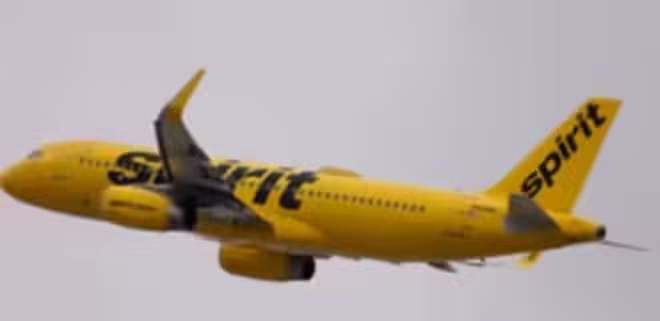
Spirit Airlines, known for its budget fares, continues to face challenges despite efforts to restructure its offerings. One recurring issue is its reputation for hidden fees, which has alienated many customers. Despite introducing fare bundles that include services like seat selection and baggage, many still find themselves paying more than expected. Operational reliability is another concern. Frequent delays, cancellations, and poor customer service compound passengers’ frustrations. Moreover, as the airline tries to balance affordability with enhanced service, it struggles to keep up with competitors who offer better reliability and amenities.
Financially, Spirit has been grappling with rising operational costs, worsened by inflation and fluctuating fuel prices. The tight margins associated with budget airlines make it difficult for Spirit to absorb these costs without passing them onto passengers. This is evident in the rising base fares, which, when combined with extra charges for basic amenities, can rival those of full-service airlines. The increased cost undermines Spirit’s appeal as a budget option, especially for travelers who prioritize price above all.
In addition, Spirit’s fleet and labor management have added to its difficulties. As the airline expands its routes and frequencies, staffing shortages have become more apparent, especially during peak travel times. Pilot and crew shortages, common in the industry, have caused Spirit to cancel flights abruptly, leaving passengers stranded and frustrated. The lack of flexibility in rebooking passengers on alternate flights, combined with limited customer service support, exacerbates the problem, contributing to a negative travel experience.
Moreover, Spirit Airlines has struggled to recover from several high-profile incidents that tarnished its brand image. Social media is rife with complaints about poor customer service, unfriendly policies, and discomfort due to cramped seating. While the airline introduced its “Big Front Seat” to attract passengers willing to pay for more comfort, the overall reputation of the airline continues to suffer.
Despite these hurdles, Spirit continues to attract passengers with its competitive pricing structure, targeting travelers who prioritize cost savings. However, for many, the additional fees and potential for disruptions make Spirit a gamble that doesn’t always pay off. As budget travelers have more options with other low-cost carriers that provide better service and reliability, Spirit must address these ongoing problems to stay competitive.
To overcome its challenges, Spirit will need to improve its operational efficiency and customer service while balancing low fares with the extra amenities that passengers increasingly expect. If these issues persist without resolution, the airline risks further alienating its customer base and falling behind in the competitive budget travel market.